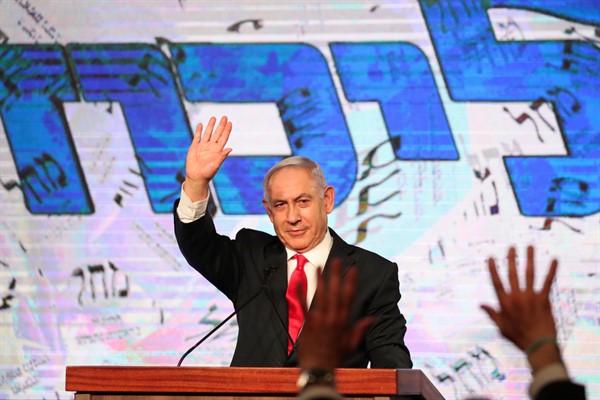Before Benjamin Netanyahu’s long tenure as prime minister, the longest in Israel’s history, Israelis delineated their parties’ political contours on the basis of ideology. That started changing as Netanyahu’s hold on power stretched over the years, despite him acting in ways that some found offensive, counterproductive and possibly criminal. He has now fully reframed Israel’s political divisions, which became starkly apparent in the most recent election, the country’s fourth in just two years.
Traditionally, Israelis differentiated their political views by roughly categorizing themselves and their parties between right and left. As in many other countries, the distinction is based on the parties’ preferences regarding how big a role the state should play in the economy, how much it should help the poor, and how much it should trust free markets. But in the uniquely Israeli context, one of the defining distinctions between the right and the left is over what concessions they believe Israel should make in negotiations with the Palestinians and neighboring Arab countries. Leftists advocate more flexibility in a quest for an agreement with the Palestinians. The right, especially now, shows little if any interest in compromise. The prospect of a two-state solution looks more distant than ever.
That was the old dividing line between Israel’s competing political blocs. But now, the fulcrum of Israeli politics is Netanyahu himself. Instead of right and left, the new blocs are pro- and anti-Netanyahu. Ideology and political philosophy take a back seat to the question of whether or not the prime minister, now in his 12th consecutive year in the post and indicted on corruption charges he vehemently denies, should continue to head the government.

